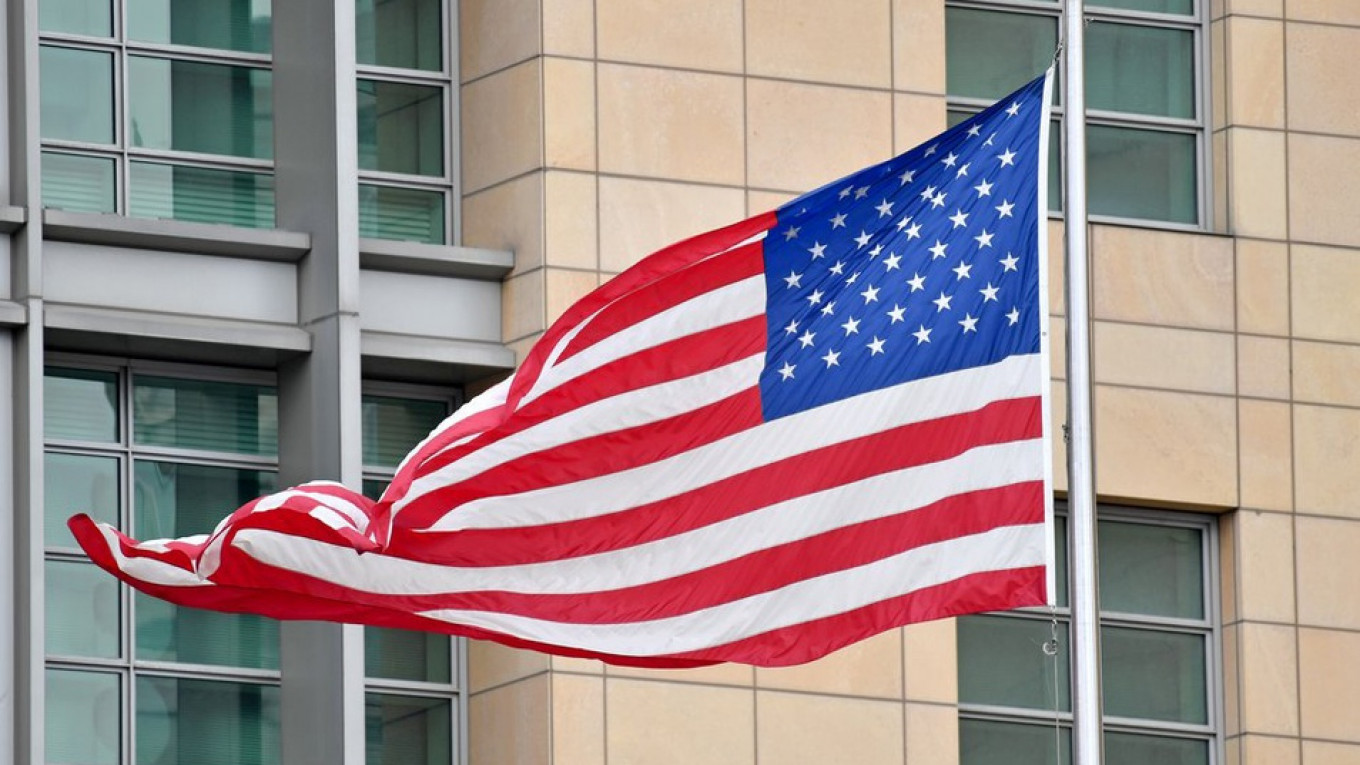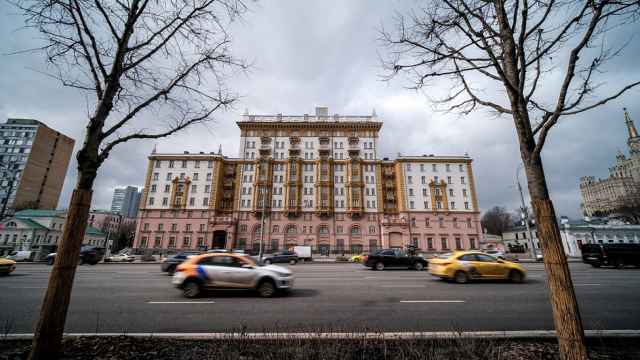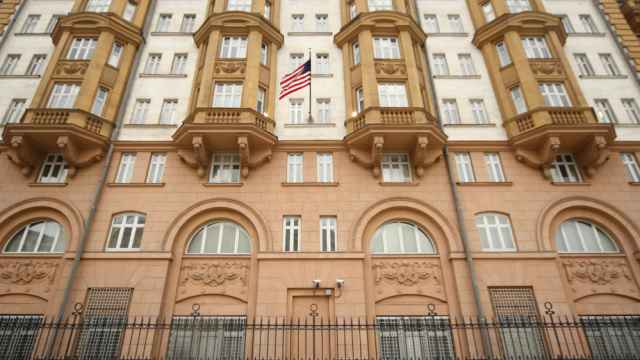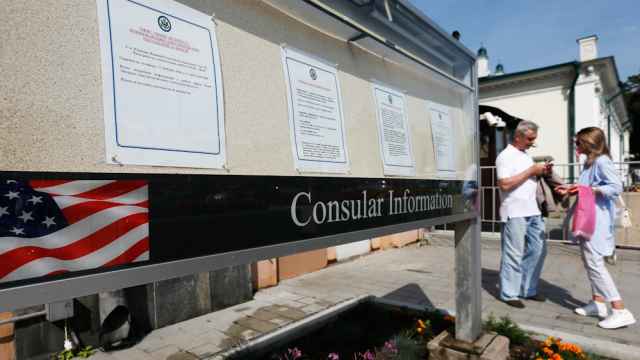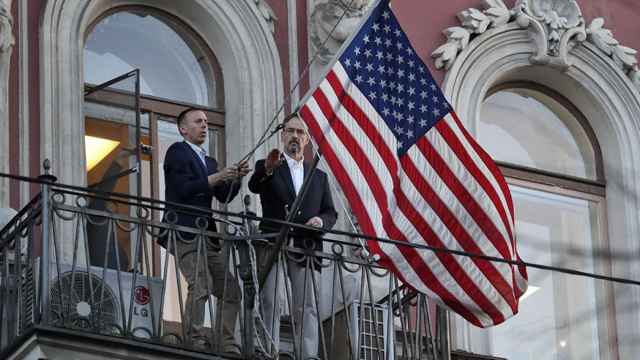The United States could soon reduce visa processing times for Russian travelers affected by deteriorating relations between Washington and Moscow, a senior U.S. diplomat has said.
Russian citizens seeking U.S. visas have faced waiting times of up to one year following the expulsions of diplomats between the two countries and the closing of the U.S. Consulate in St. Petersburg and the Russian Consulate in San Fransisco. The tit-for-tat measures came on the back of U.S. accusations that Russia interfered in the 2016 presidential election and escalated after the poisoning of a Russian ex-spy in England last March.
Current visitor visa wait times at the U.S. Embassy in Moscow and the consulate in Yekaterinburg stand at 300 days, while the U.S. consulate in the port city of Vladivostok — more than 6,400 kilometers away from Moscow — offers a three-day wait period. State Department figures suggested that around one-third of Russian passport holders received U.S. visitor visas outside Russia over the past year.
“I hope that the waiting lists will be significantly reduced in the very near future,” Michael Yoder, the State Department’s minister counselor for consular affairs, was quoted as saying on Tuesday.
Student and exchange program applicants face negligible wait times, the state-run RIA Novosti news agency quoted him as saying. He estimated that up to 200,000 U.S. visas would be handed out in Russia next year, Interfax reported.
However, Yoder said tending to would-be tourists at the embassy in Moscow “remains a big challenge.”
The official went on to propose a "friendly competition" between the consuls of the two countries.
"Over the next year, I guarantee that the U.S. embassy and consulates will hand out twice as many visas as the Russian embassy and consulates in the U.S. give to U.S. citizens," he was cited as saying by Interfax.
A Message from The Moscow Times:
Dear readers,
We are facing unprecedented challenges. Russia's Prosecutor General's Office has designated The Moscow Times as an "undesirable" organization, criminalizing our work and putting our staff at risk of prosecution. This follows our earlier unjust labeling as a "foreign agent."
These actions are direct attempts to silence independent journalism in Russia. The authorities claim our work "discredits the decisions of the Russian leadership." We see things differently: we strive to provide accurate, unbiased reporting on Russia.
We, the journalists of The Moscow Times, refuse to be silenced. But to continue our work, we need your help.
Your support, no matter how small, makes a world of difference. If you can, please support us monthly starting from just $2. It's quick to set up, and every contribution makes a significant impact.
By supporting The Moscow Times, you're defending open, independent journalism in the face of repression. Thank you for standing with us.
Remind me later.


